Harness Stress with Mindset + Mindfulness
The demands of the day: The calls, emails, budgets, reports, and meetings on your schedule. You are the ultimate female entrepreneur, juggling multiple roles and projects to build that business that you envision changing the world. You look at the clock, realizing although you’ve put in a full day, time is ticking. You think about how much more you can accomplish before you start it all over tomorrow, squeezing in food or sleep, or if you’re a mom too, the duties of raising a family. Your mind continues to race through to-do lists, as your shoulders tighten, and pressure in your head increases. Your body screams, “STOP!” So what do you do? Perhaps think, “This work will never get done!” Or ignore the tension in your neck, and continue to race forward, increasing your blood pressure, and compromising both your health and the quality of your work? Or reach for another cup of coffee to get you through? What the experts in stress science suggest you do for healthy living is adopt a stress is helpful mindset and mindfulness.

A Stress Mindset?
Stress, the predictable part of life in this constantly changing world, can be harnessed to help you perform at your peak. Adopting the mindset that stress is helpful (not harmful) can build your resilience, and help you cope in healthier ways. In The Upside of Stress, Dr. Kelly McGonigal shares evidence from the new Science of Stress that just holding this belief can change your relationship to stress and the outcomes.
Why have a relationship with stress? Because stress is a natural part of life, and the aspect that we have more control over than the stress itself is our response to it. Science shows stress can lead to many reactions besides the traditional fight and flight. We have access to “challenge” and “tend and befriend” responses that are also innate within us, that support health. By perceiving the “stress is helpful” mindset, we can identify what can be learned, look for the good in stress, and stop the auto-pilot of fight or flight. By applying mindfulness we can pause, begin to see clearer, and intentionally choose our responses.
Applying Mindfulness to Stress
Jon Kabat-Zinn, Founder of the Mindfulness-Based Stress Reduction (MBSR) Program and The Center for Mindfulness at the University of Massachusetts, shows how mindfulness (the ability to intentionally focus awareness on present moment experiences with non-judgmental and accepting attitudes) can support us living more engaged lives. Mindfulness allows us to perceive stress differently as we become aware of its effects on our minds and bodies. This awareness enables us to choose a response. One way to do this, proposed by Elisha Goldstein and Bob Stahl in The MBSR Workbook, is to STOP:
- Stopping and pausing whatever you are doing.
- Taking a few deeper than normal breaths, to bring you back to the present moment away from your to-do’s and “should have” lists. Breathing this way nourishes and reconnects your mind and body, physiologically resetting the auto-pilot reaction cycle.
- Observing what is going on inside and outside. Noticing the overstuffed inbox and overbooked calendar. Observing your thoughts (“I’ve got a lot of work to do here, will I make the deadline?”), and bodily sensations that arise; your pounding heart, and pressure in your neck and shoulders. Notice what you are feeling—exhausted, anxious, disconnected? And then bring to mind your intention asking, “What do I need in this moment?”
- Proceeding to do the next thing that supports filling that need; take a walk or brief nap, connect with others (like our children or pet for a hug), or rise to the challenge reducing distraction, and managing time, boundaries and expectations more realistically.
We can influence our own well-being greatly, and relating to stress differently is one answer. The first thing to do to increase your stress awareness is to try on this mindset: simply thinking about how stress can be helpful, and what can be learned? And then STOP: bringing mindfulness to your moments, supporting healthy responses, and increasing your overall well-being.
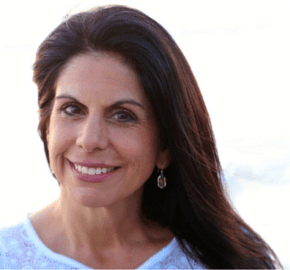 About the author: Merry is a Certified Life, Mindfulness and Wellness Coach through the International Coach Federation, MentorCoach, and the Mindfulness Coaching School. She believes in our ability to affect our own well-being, and through her company, Being Merry, offers one-on-one coaching, group classes/workshops and retreats to help others re-connect with their authentic selves and live more engaged lives. Her teacher training is in Mindful Self-Compassion, Mindfulness-Based Stress Reduction and the Science of Happiness. Merry knows first hand how you can experience post traumatic growth and intentionally build your resiliency! It’s not about how many times you fall; it’s about how high you bounce back! Connect with Merry on Twitter @Being_Merry.
About the author: Merry is a Certified Life, Mindfulness and Wellness Coach through the International Coach Federation, MentorCoach, and the Mindfulness Coaching School. She believes in our ability to affect our own well-being, and through her company, Being Merry, offers one-on-one coaching, group classes/workshops and retreats to help others re-connect with their authentic selves and live more engaged lives. Her teacher training is in Mindful Self-Compassion, Mindfulness-Based Stress Reduction and the Science of Happiness. Merry knows first hand how you can experience post traumatic growth and intentionally build your resiliency! It’s not about how many times you fall; it’s about how high you bounce back! Connect with Merry on Twitter @Being_Merry.
StockSnap Photo credits: Joseph Barrientos and Ashim D’Silva
Save



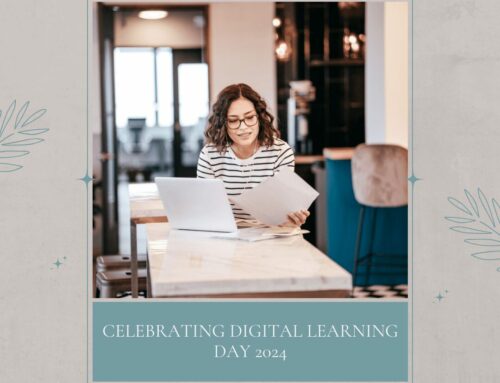
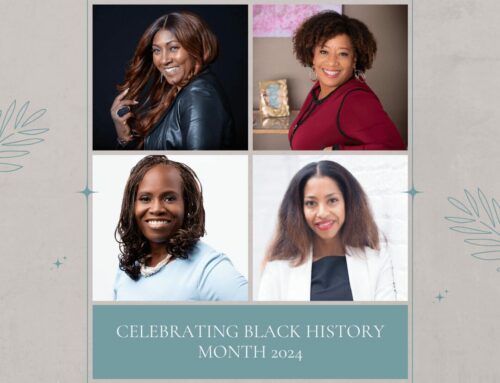
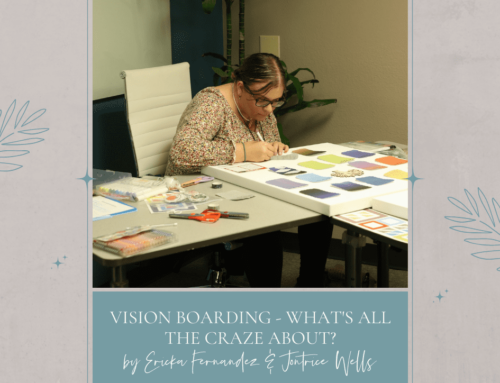
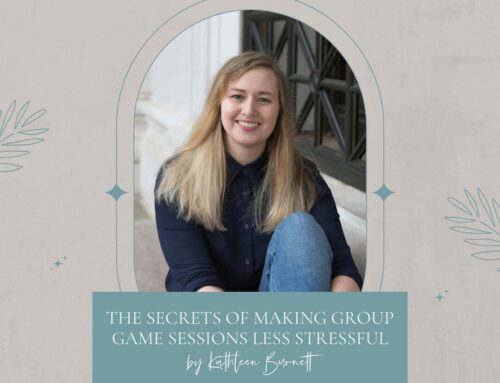
Mindfulness definitely takes practice. It helps to prioritize and realize that there are not enough hours in the day to get everything done. Being out in the sunshine and having a “happy place” to go to sometimes helps too. Love the STOP acronym- easy to remember and follow.